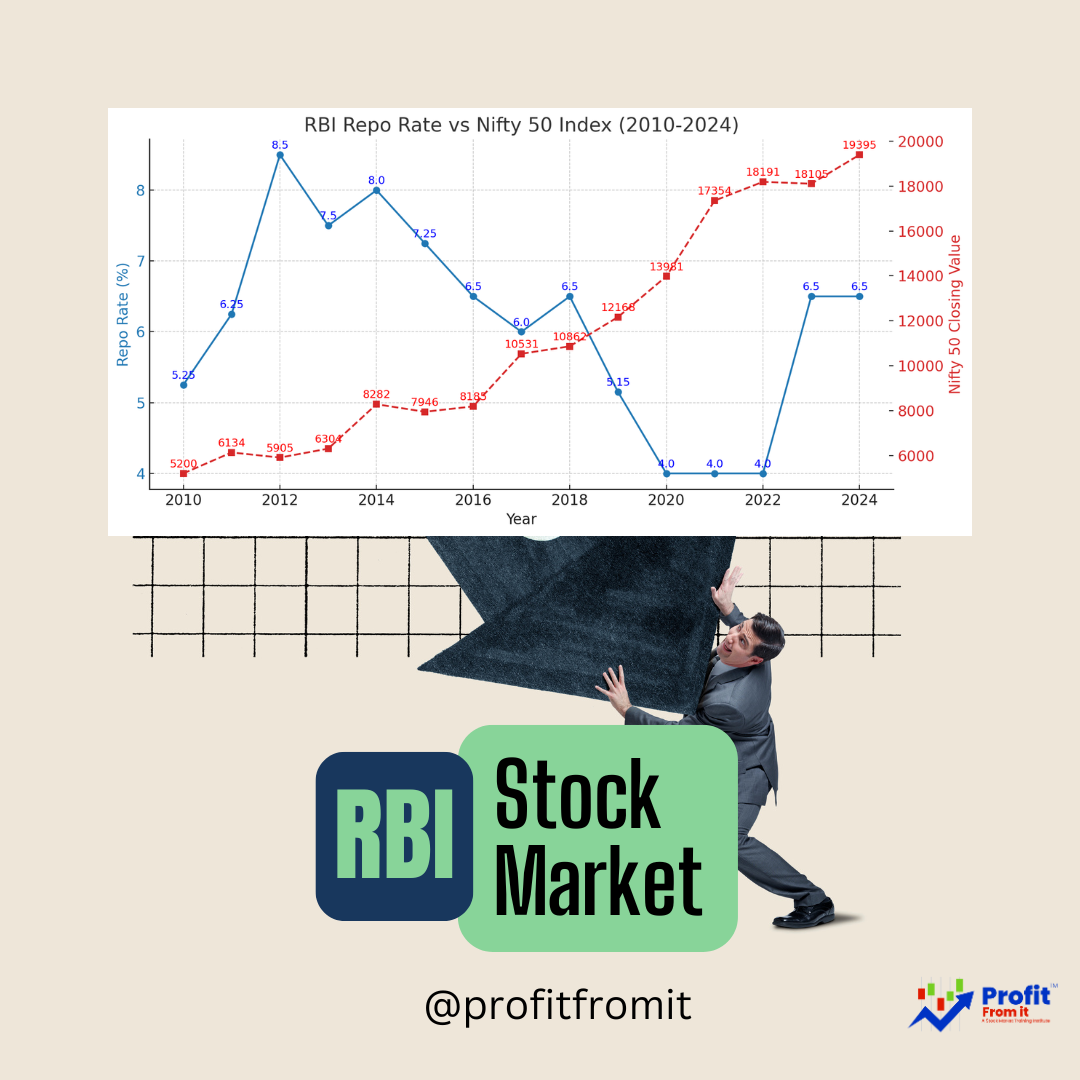
Unleashing Potential: Education as a Catalyst for Economic Growth and Equity in India
"The Economics of Talent" by Amory Gethin presents a comprehensive analysis of the transformative effects of education on economic growth and poverty reduction.
1. Impact of Education on Economic Growth
Education has been a major driver of global economic growth, particularly in developing countries. It accounts for about half of total economic growth and two-thirds of real income gains among the world's poorest. There has been an unparalleled expansion of access to schooling over the past 50 years, in high-income and low-income countries alike.
The doubling of global GDP per capita over the past four decades has been significantly supported by educational advancement, which facilitated large productivity gains driven by the rise of China and India and by significant growth elsewhere.
2. Role of Education in Reducing Poverty
The document highlights a dramatic reduction in global poverty, with the proportion of people living below the international poverty line dropping from 44 percent in 1981 to 9 percent in 2022. This reduction is largely attributed to expanded access to education.
In India, the returns on education increase with higher levels of schooling. For instance, a year of primary education increases earnings by 2-3 percent, secondary education by 6-8 percent, and postsecondary education by more than 13 percent.
3. Demand for Skilled Labor
The growing demand for skilled labor, due to technological advances, has disproportionately benefited those with higher education. This trend suggests a substantial unmet demand for highly skilled labor in India, pointing to potential growth areas for investment in education and related sectors.
4. Policy Implications and Investor Insights
The expansion of access to education, especially higher education, has major implications for economic efficiency and equity. For investors, this suggests opportunities in sectors that support or are supported by educational services, including technology, infrastructure, and online learning platforms.
Policies that enhance access to quality education could lead to broader economic benefits, making investments in educational infrastructures and services particularly promising.
5. Future Outlook and Technological Integration
With major developments in AI and other technologies, there is an expected increase in the interdependence between education and technology. This scenario is likely to create new investment opportunities in ed-tech and related industries that facilitate the integration of technology in education.
6. Macro-Economic Effects and Investment Opportunities
The document argues for a continued focus on both expanding access and improving the quality of education. This dual focus could drive further economic growth and poverty reduction, benefiting investors focused on long-term growth and societal impact.
Strategic Recommendations for Investors:
Sectoral Investment: Consider focusing on the education sector, particularly higher education and vocational training, which are poised to grow in response to the increasing demand for skilled labor.
Technology Integration: Explore investment opportunities in companies developing educational technologies that enhance learning outcomes and access.
Supportive Infrastructure: Infrastructure development around educational institutions can be a strategic investment, including real estate, transportation, and communication services.
Overall, the continued expansion and improvement of education in India are not only pivotal for poverty reduction and economic equality but also present significant growth opportunities for investors aiming to capitalize on societal trends.



 for Investors The provided chart outlines key metrics for Nifty 500 companies across different periods (FY22 t.png)





